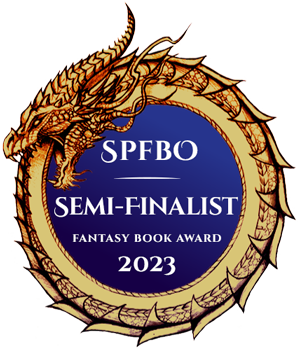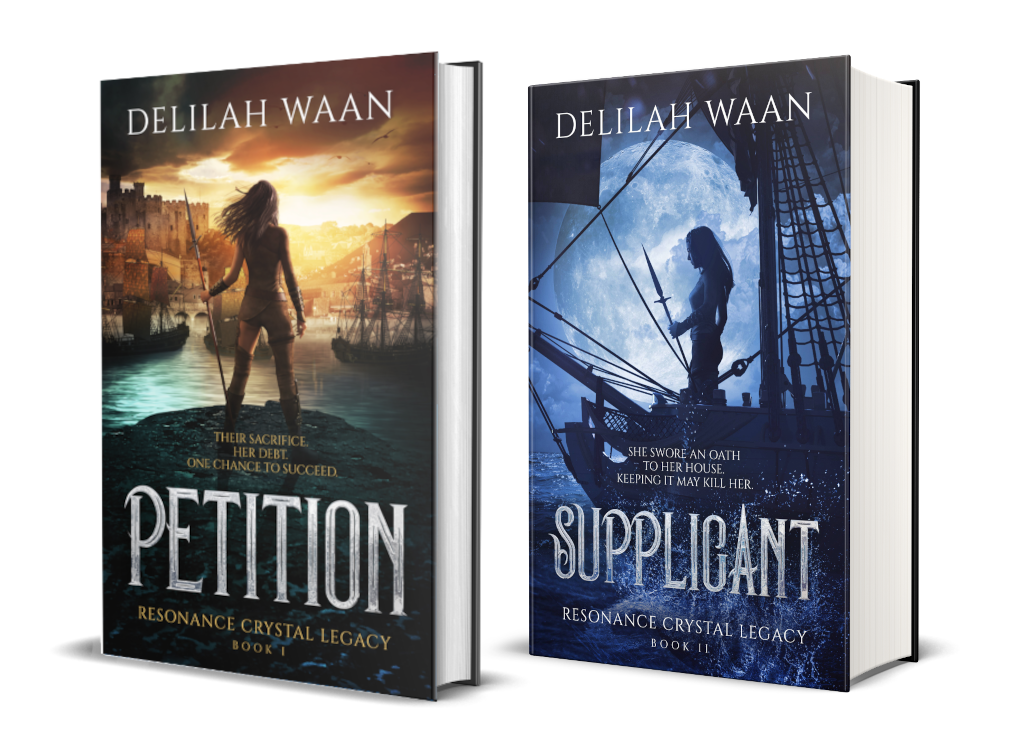Many things have caught me unaware during the process of writing Petition but one wins the prize for the biggest surprise by a very large margin: the romantic subplot. That’s because I absolutely detest romance as a genre. (Sorry romance fans; it’s just not for me.)
I could—and have—gone on long rants about why: I hate the elevation of attaining a “happily-ever-after”/“happy-for-now” above all other ambitions, no matter how worthy; I hate how it insinuates that no one can be complete and fulfilled without a romantic partner and romantic love; I hate the myths it perpetuates about the nature of love, that love makes everything easy and effortless, that love conquers all; I hate how convoluted and artificial and contrived the majority of the conflicts to the romance are; I hate the angst (dear heaven, save me from the pages and pages and pages of angsting), the melodrama, the tropes, the eyerolling formulaic predictability of the plot, the—
You get my drift.
So why is there a romantic subplot in Petition, one that isn’t advertised in the blurb or cover?
I’ll tackle the easy one first: I don’t advertise or market the romantic subplot as a romance because it isn’t a romance.
Now the harder question: why put in a romantic subplot at all?
I didn’t intend to. Rahelu has no time for romantic inclinations, let alone dalliances. But while I didn’t want to write a romance, I didn’t want to go to the other extreme of pretending that romance doesn’t exist.
People do fall in love. People do yearn for love. People go to all sorts of extremes in the name of love. It is a human thing. And it turns out that when you put Rahelu and Lhorne in a situation where they get to spend time with each other, feelings develop.
Similar to the previous chapter, this chapter is full of dead ends for the main plot. Logic for tight plotting dictates that if nothing of interest has happened, I should summarize and skip over to the next plot beat that advances the main plot. In a shorter work, like a novella or a short story, I would’ve cut straight to the events of Chapter 20, but that felt like the wrong choice for a novel.
Why? Well, I think it’s because it risks turning the characters into plot delivery mechanisms. (Not that that was something I could articulate at the time.)
I’ve done some impossible jobs. Jobs that involve chaining myself to a desk in a windowless room crammed so full of people and documents that you can’t move without knocking over a stack of files or bumping someone else for 10, 12, 14 hours every single day because if you don’t, you won’t make deadline and heaven help you if you miss deadline because entire fortunes are waiting on you to meet deadline to decide whether they’ll rise or fall so you cannot, cannot miss deadline. Ever.
You would think that kind of job would make for a grim, stressful experience, full of hyper-focused Type-As too obsessed with climbing the corporate ladder to socialize—and there were huge stretches of time that fit that description to a tee. But I know, from personal experience, even when you are working on deadline in high pressure environments slogging through monotonous task after monotonous task in a pile that seems to replenish itself with more every time you look, people are still people. The work itself, when there are no exceptions to be found, recedes into the background and interpersonal dramas become the thing that passes the time.
You start noticing little quirks.
Idle curiosity provides a jumping off point for conversations which bloom into rapport (or disdain) and inside jokes and running gags that give rise to: hook-ups that turn into flings or serious romances; joy; camaraderie; silly pranks; absurdity that, if I told you exactly how it happened, you would tell me it sounds boring, unfunny, or ridiculous. (Which, robbed of context, would be true.)
It’s in these smaller moments that characters get to be more than what their role in the larger plot or their archetype suggests.
Sometimes, it really is just about the fish. There is no deeper purpose.
Other times, it’s not about the fish. There is a deeper subtext.
As they say: you had to be there.
Hence, the date.
Yes, they’re in the middle of investigating a series of gruesome murders.
Yes, they’re no closer to figuring out who the killer might be.
Yes, they’re running out of time.
They’ve also done everything that they possibly can for the moment; they need a break.
This date is the equivalent of hitting the bar for some after work drinks at 9 PM on a Friday night when you’ve spent all week fighting fires and you know you’re going to be back in the office again all day on Saturday from 7:30 AM because there’s no other way of keeping up with your workload and if you fall behind, your ass will get fired.
So: drinks.
Maybe something happens. Maybe nothing happens. Either way, you’re going so you can take your mind off all the things you’ve been worrying about for a few hours. You want that temporary distraction; you NEED it to stay sane.
But why then skip to the end of the date only to write the whole thing in flashback and mostly in Rahelu’s head?
If I were writing a romance according to proper romance beats, writing the event in chronological order, as Rahelu experienced it, would have been the conventional choice to make. But Petition is not a romance, nor is this a romance subplot. (It’s a romantic subplot, distinction being that while there is a romantic relationship, the focus is not on how they get together because that ‘how’ is not a given.) Petition is the story of the immigrant experience in a fantasy setting—and in that story, romance and romantic feelings and relationships are distractions; setbacks even.
Also, I’m really not a fan of how so often in fantasy and literature that’s not explicitly written to be romances that we still end up with so many story lines that conform to the conventional romance genre narrative template of: person meets potential love interest, person develops romantic feelings for potential love interest, insert some progression here, then BAM! They’re Together and now A Couple and That’s It.
No. Just no.
That’s such a narrow, idealized representation of relationships and romance and love and I find it incredible that it’s pervasive to the point of being the default in stories that aren’t marketed as romances.
Give me stories where relationships aren’t so neatly defined and simple. Give me “it’s complicated” dynamics like Gideon/Harrow and Harrow/Ianthe (and pretty much every pairing you can name) from The Locked Tomb. Give me characters who find romantic love and love deeply but do not allow that romantic love to subsume their entire identity and divert them from their purpose, like Lady Mara of the Acoma from The Empire Trilogy and Baru Cormorant/Tain Hu from The Masquerade.
We need more of them.




